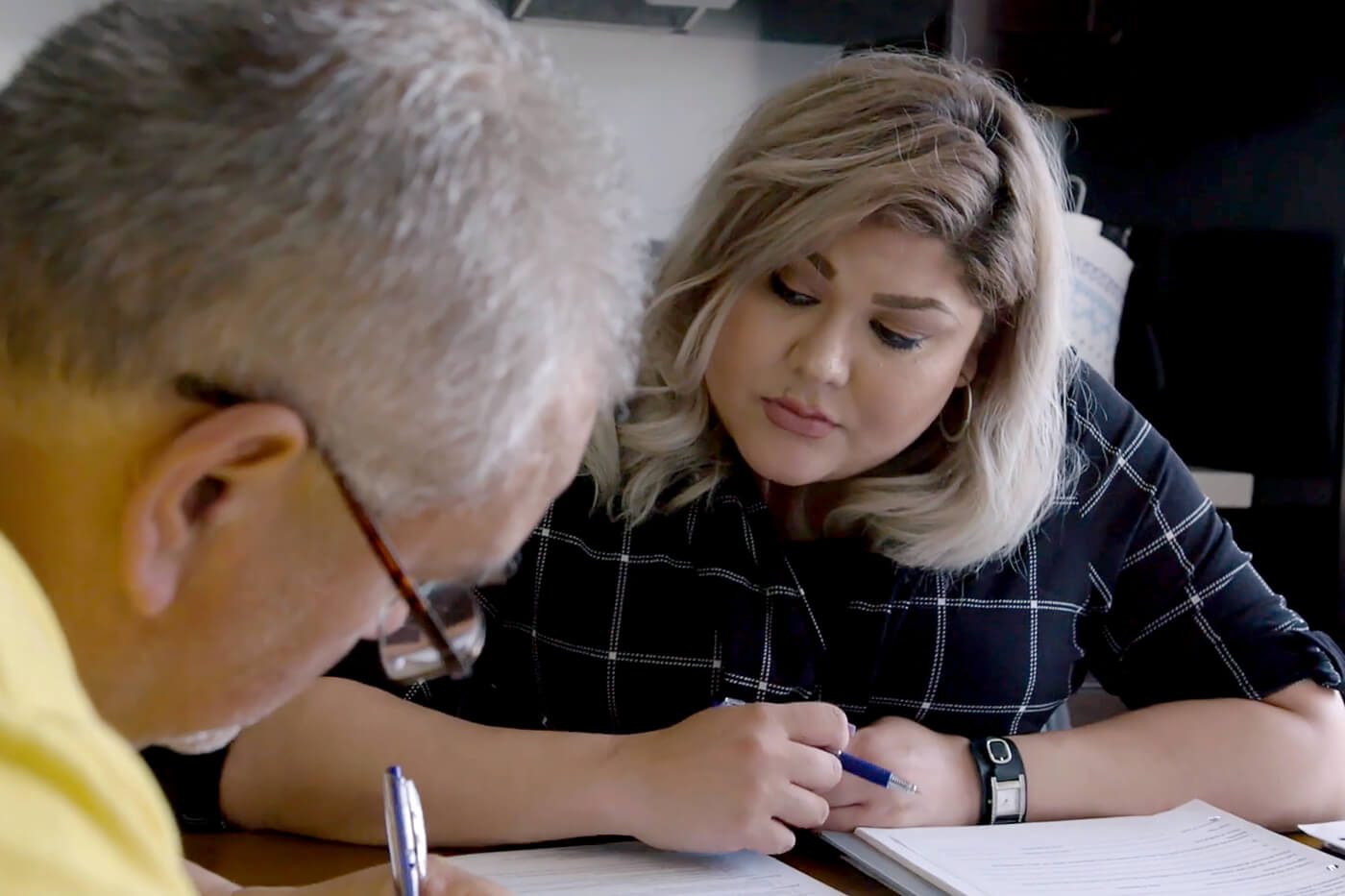For Victor Nelson, the deep connection between housing and health is personal. Last year, Nelson lost his job as a social worker, fell behind on his rent, and began living in his car. He joined the estimated 151,000 Californians who are homeless.
“I already had some underlying health issues, and I got really sick living in my car. I began to eat very little, I had trouble sleeping, and I was just wiped out mentally,” he said. “I drove myself to the emergency room and they found I had 2 blood clots on my lung and a kidney infection.”
Nelson contacted Alameda County’s 2-1-1 service and found housing through a Bay Area Community Services (BACS) program. In 2019, working with funding from Kaiser Permanente Northern California and support from Alameda County and the City of Oakland, BACS housed 515 formerly homeless Oakland seniors with a chronic health condition or disability.

Nelson now shares a single-family home and is reclaiming his life with the help of a stable place to live and the program’s wraparound services.
“It’s allowed me to access work. It’s allowed me to access medical care. It improves my mental health, and I’m able to build a new life,” Nelson said.
Improving Conditions for Health
Kaiser Permanente invests in affordable housing and programs to alleviate homelessness, food insecurity, and social isolation because safe, stable housing and other factors such as nutritious food and meaningful social connections are vital for a person’s physical and mental health.
Access to affordable housing is also key to creating a more healthy and equitable future for our communities. In Alameda County, 8,022 people experienced homelessness in 2019, an increase of 43% in 2 years. Nearly 50 percent of homeless people in the county are Black, even though Black people account for just 11% of the county’s population.
In addition to partnering with BACS, in 2019, Kaiser Permanente worked to preserve affordable housing and end homelessness by:
Kaiser Permanente partnered with the San Francisco Foundation, the City of Oakland, BACS, Catholic Charities of the East Bay, and East Bay Community Law Center to launch Keep Oakland Housed in 2018. In its first 2 years of funding, the program helped keep an estimated 7,500 Oakland residents in housing.
“Our partnership with Kaiser Permanente in both the Oakland 515 and Keep Oakland Housed programs has been a game-changer in helping reduce the number of unhoused people in Oakland,” said Jamie Almanza, executive director, BACS. “It demonstrates that with resources, strong will, and vision we can end homelessness in our community.”